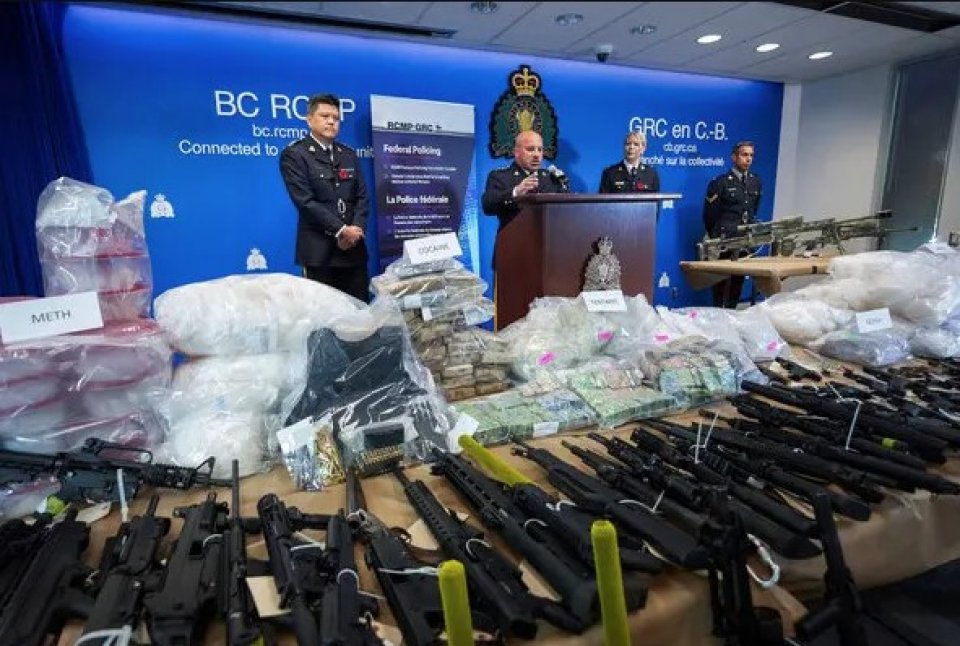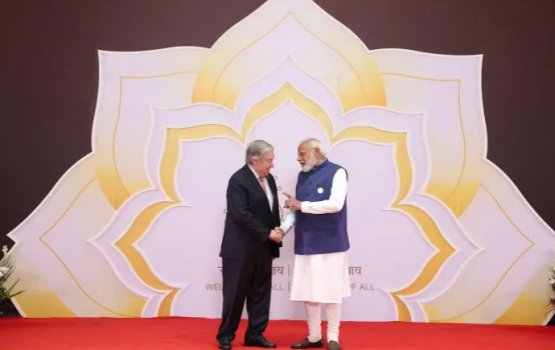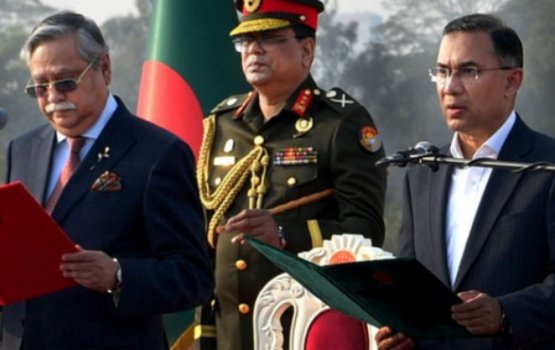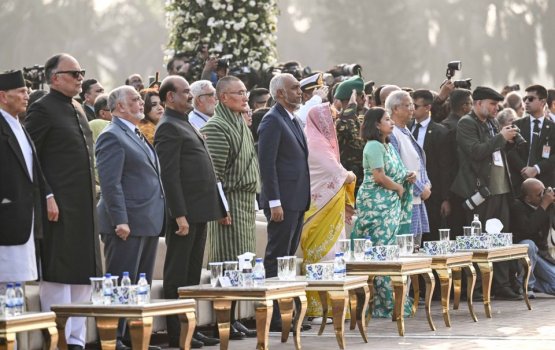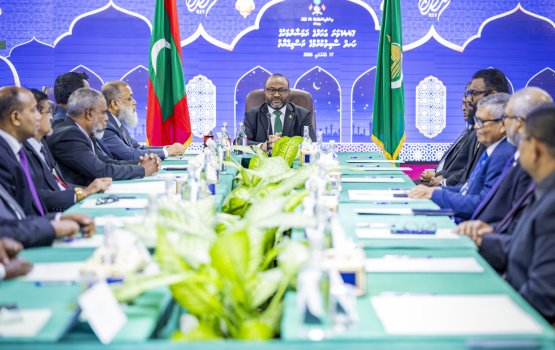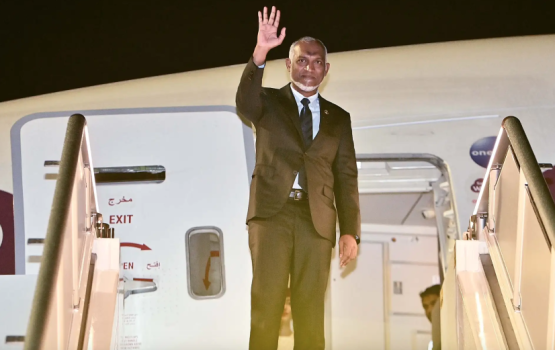The Royal Canadian Mounted Police (RCMP) recently dismantled what they described as Canada's largest and most sophisticated narcotics laboratory. This organization, based near Falkland, British Columbia, was related to a multinational organized crime group that produced and distributed fentanyl and methamphetamine on a massive scale. The RCMP confiscated a shocking amount of drugs, including 54 kilograms of fentanyl and 390 kilograms of methamphetamine, as well as precursor chemicals, guns, and other contraband. The searches also turned up minor explosive devices, vast volumes of ammo, weapon silencers, high-capacity magazines, body armor, and $500,000 in cash.
95 million potentially fatal doses of fentanyl have been seized. Gaganpreet Randhawa was recognized as the primary suspect and apprehended by Federal Policing Group-6 detectives. Randhawa is currently in custody and faces many drug and firearms-related charges.
Previously, on October 17, the RCMP reported the arrest of a Mexican Cartel-linked criminal network that was transporting massive volumes of methamphetamine and cocaine from Central and South America through the United States to Canada and elsewhere.
According to the US FBI, 43-year-old Canadian Ryan James Wedding, who competed for Canada in the 2002 Winter Olympics in Salt Lake City, became the "Boss" of a multinational drug-trafficking ring that allegedly moved tens of millions of dollars in cocaine across four countries and ordered four murders in Canada. Ryan James Wedding, the subject of FBI Operation Giant Slalom, managed a criminal network that also committed killings across North America and laundered large illegal proceeds. Wedding details are yet unknown. He is wanted in the United States and Canada on separate offenses. "As alleged in the indictment, an Olympic athlete-turned-drug lord [Wedding] is now charged with leading a transnational organised crime group that engaged in cocaine trafficking and murder, including of innocent civilians,"
As part of FBI Operation Giant Slalom, US officials indicted 16 persons, including ten Canadians, on a variety of serious offenses, including drug trafficking, murder, conspiracy to murder, and continuing a criminal enterprise. Four Canadians, including Hardeep Ratte and Gurpreet Singh, have been arrested in Ontario by local Canadian law enforcement at the behest of US officials and are awaiting extradition. Three Canadians, Nahim Jorge Bonilla, Ranjit Singh Rowal, and Iqbal Singh Virk, were also arrested in the United States.
The Criminal Intelligence Service of Canada has recognized British Columbia (B.C.) as home to a substantial number of high-level organized crime groups, including Indo-Canadian organized crime gangs composed primarily of young adults and teenagers of Indian ethnic, cultural, and linguistic heritage. According to the 2004 RCMP British Columbia Annual Police Report, they are the third most organised and sophisticated police force in British Columbia.
While many young males participating in organized crime in Canada come from first-generation families, the bulk are second and third-generation Punjabi-Canadians. The majority of Indo-Canadian gang members in Canada have Sikh ancestry and names.
The Indo-Canadian or Punjabi Mafia is affiliated and consists of several groups which sometimes work together. These groups are still active and notorious in Vancouver. They have been linked to the Independent Soldiers (IS), Red Scorpions, Lotus Triads, Hells Angels, and the United Nations (UN) gang in Canada although several members of the Independent Soldiers can also be grouped as part of the mafia as well. According to Johal’s former lieutenant Bal Buttar, Punjabi Mafia hitmen claimed contracts in B.C. They are responsible for dozens of murders in Canada in the 90s alone and the majority of those murders still remain unsolved. (European Times)

